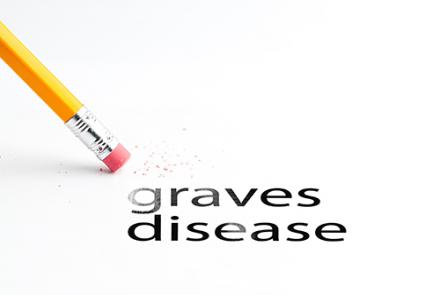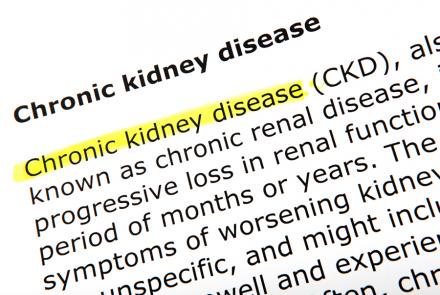Apart from the medical options for treatment of Ovarian Cancer, it is also recommended that lifestyle changes be made to strengthen your immune system and manage your health:
Diet
Patients who consume more fruits, vegetables and whole grains strengthen their immune system, which helps to fight against disease.
Include the following cancer-fighting foods in your diet:
Vegetables like broccoli, cauliflower and dark leafy vegetables
Organic fruits, which are least exposed to…
Latest Stories
- Can ovarian cancer be prevented? Since the causes of ovarian cancer are not known, it is not possible to say what can be done to prevent ovarian cancer. You can lower the risk of ovarian factor if you: Use of oral contraceptives. Taking birth control pills for more than 3 years lowers risk by 30 to 50%. Early first pregnancy and late last pregnancy. Full term pregnancies are more beneficial. Breast fed. The longer you breastfeed, the lower the risk. Had ovaries and fallopian…
- Treatment of Ovarian Cancer usually involves chemotherapy and surgery, and sometimes radiotherapy. Surgery is the the first recommended option during the initial stage when the size of the tumour is small. The surgery may include removal of one (unilateral oophorectomy) or both ovaries (bilateral oophorectomy), the fallopian tubes (salpingectomy), and the uterus (hysterectomy). If the cancer has spread to other organ such as the digestive tract, bladder, spleen etc, removal of those parts may…
- What tests do you need for Ovarian Cancer: Ovarian cancer at its early stages (I/II) is difficult to diagnose until it spreads and advances to later stages (III/IV). This is because most symptoms are non-specific and thus of little use in diagnosis. You doctor may do some of the following: Physical examination (including a pelvic, vaginal, rectal examination). For young patients, an MRI is preferred Transvaginal ultrasound Blood test (complete blood count, serum electrolyte test) CT or…
- Often there are few signs and symptoms in the early stages, which is why ovarian cancer is often detected late. In most cases, the symptoms persist for several months before being recognised and diagnosed. These are some of the more common symptoms of Ovarian Cancer: Bloating – the abdomen feels tight, full, or with an abdominal mass Abdominal or pelvic pain Difficulty eating Urinary symptoms Constipation Abnormal vaginal bleeding Rectal bleeding…
- Ovarian cancer is classified according to the histology of the tumour, obtained in a pathology report. Histology staging and grading dictates the aspects of clinical treatment, management and prognosis for each patient: Surface epithelial-stromal tumour, also known as ovarian epithelial carcinoma, is the most common type of ovarian cancer that arises from the cells covering the surface of the ovary. Sex cord-stromal tumours are benign or malignant tumours in cells that surround…
- We do not yet know what causes Ovarian Cancer. But we do what increases the risk of developing ovarian cancer. You are at higher risk of developing ovarian cancer if: You are over 55; the average age at diagnosis is found to be 63 You have a family history (risk is higher for 1st degree relatives) You have BRCA1 and BRCA2 gene mutation You have a history of breast, uterine or colorectal cancer You have a genetic link to Lynch syndrome You started menstruating before 12 yrs of age You have…
- What is Graves' disease? Graves' disease is an autoimmune disorder that causes the thyroid gland to become overactive. This is one kind of hyperthyroidism. An autoimmune disorder causes the body’s immune system to mistakenly attack the body’s own cells instead of protecting them from outside invaders. In Graves’ disease, the body’s immune system secretes immunoglobulins (autoantibodies) against the thyroid gland. These immunoglobulins irritate the thyroid gland and make it produce more thyroid…
- Managing Chronic Kidney Disease Chronic kidney disease brings a markedly increased risk of cardiovascular disease, which is a more common cause of death in these patients than renal failure. These patients often have other risk factors for heart disease, such as hyperlipidemia (increased lipid levels in blood). Chronic Kidney Disease Diet CKD patients are kept on a special diet. The purpose of this diet is to keep the levels of electrolytes, minerals and fluid in balance. These changes…















